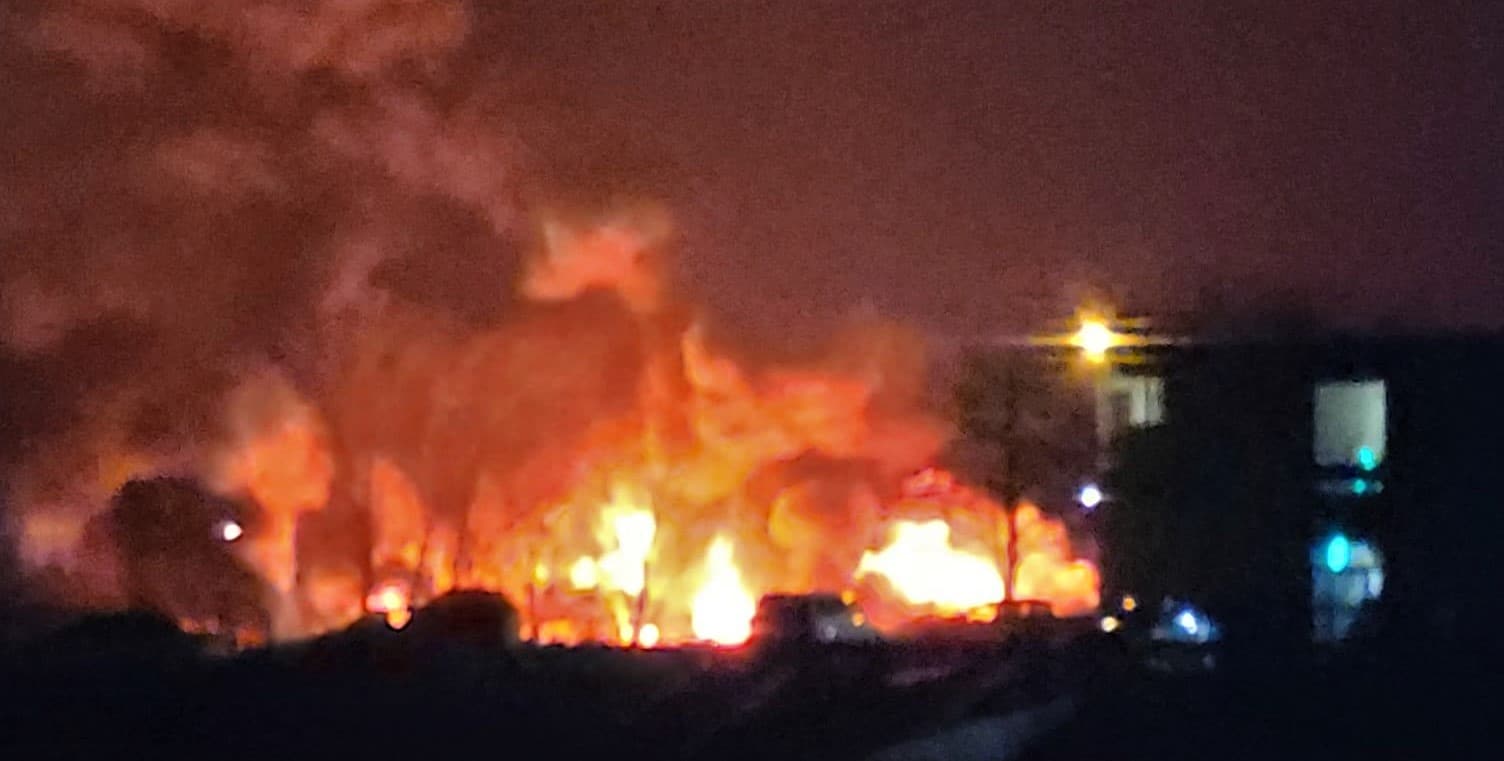Prepare for emergencies and disasters, Mississauga officials say
Published May 8, 2023 at 4:07 pm

If you wait until an emergency is at your doorstep or a disaster has struck before you prepare, it’s already too late in many cases.
That’s one of the messages from City of Mississauga officials this week as they and other municipalities across the country mark Emergency Preparedness Week in Canada (May 7-13).
Nobody ever thinks that a widespread emergency or natural disaster is just around the corner. But it could be, and Mississauga officials want people to be prepared.
Just recently past a worldwide pandemic and coming up on 20 years removed from a paralyzing blackout that left a huge chunk of the Northeastern American seaboard, U.S. midwest and eastern Canada in darkness (many places for days), Mississauga residents should be easily convinced to take a few simple steps to prepare for the next big event.
That’s what Mississauga officials hope, anyway.
“Mississauga wants to remind residents about the importance of emergency planning. Mississauga has a history of widespread emergencies, including the 1979 train derailment, 2003 blackout, 2016 Hickory Drive explosion, COVID-19 and more,” City officials said in a news release.
“Emergencies don’t always come with a warning, but there are ways residents can be proactive by taking concrete actions to better protect themselves, families and pets.”
Residents interested in learning more about emergency preparedness can visit the lobbies of the following Mississauga community centres this Monday to Friday, from 1-6 p.m.:
- Churchill Meadows, May 8
- Clarkson, May 9
- Malton, May 10
- Meadowvale, May 11
- Mississauga Valley, May 12
Mississauga’s Office of Emergency Management (OEM) staff will be on-site to provide information about emergency preparedness. Residents can ask questions, pick up educational pamphlets and a few additional takeaways.
“Emergency preparedness is an important conversation to have with your families, neighbours and community members throughout the year. Planning and education are essential components in maintaining public safety,” said OEM manager Benjamin Gallagher. “We encourage residents to stay connected and informed. Get to know your neighbours, exchange contact information and pay attention to those who may be vulnerable as they may require extra assistance in times of need. Emergencies are everyone’s responsibility.”
Are you and your family or friends prepared for an emergency?
Do you have a plan?
If not, let’s talk about emergency preparedness: https://t.co/KMUc0KGKuT#EPWeek pic.twitter.com/lUA92ajAe4
— City of Mississauga (@citymississauga) May 8, 2023
Later this month, OEM staff will also be at Pearson Airport in Mississauga for an emergency training exercise with volunteers, emergency vehicles, airport equipment and personnel.
The office takes part in the Pearson exercise each year.
For more information about emergency preparedness, read Mississauga’s Emergency Preparedness Guide.
City officials say a quick scan of the material will provide the reader with enough potentially life-saving information.
“Emergencies can arise from human-caused, technological or natural hazards,” the City says in the guide. “Regardless of the type of emergency, the City of Mississauga has comprehensive emergency plans and programs in place to ensure that essential services remain available. The nature and scope of an emergency determines which emergency plan or plans are activated.”
In a large-scale emergency, a team of qualified professionals from the City, Region of Peel and non-government organizations works together to coordinate emergency response services, City officials say.
They add that the role of residents, then, is to “ensure you are prepared to take care of yourself and your family for up to three days following an emergency. Being prepared helps to ensure first responders can focus their attention on those in immediate need during an emergency.”
Officials say residents everywhere and property managers (of high-rise buildings) need to make a plan, build an emergency kit and be informed during any emergency.
In building an emergency kit, people should ensure items can be packed into an easy-to-carry container such as a suitcase on wheels or backpack.
The kits should include:
- flashlight
- chargers for electronic devices
- portable power bank for devices
- battery-operated or crank radio
- spare batteries
- First-aid kit
- flameless candles and batteries
- spare car keys
- cash
- important papers (copies of ID, insurance policies, etc.)
- non-perishable food and bottled water (12 litres of water per person)
- items needed to open food (manual can opener)
- clothes and footwear
